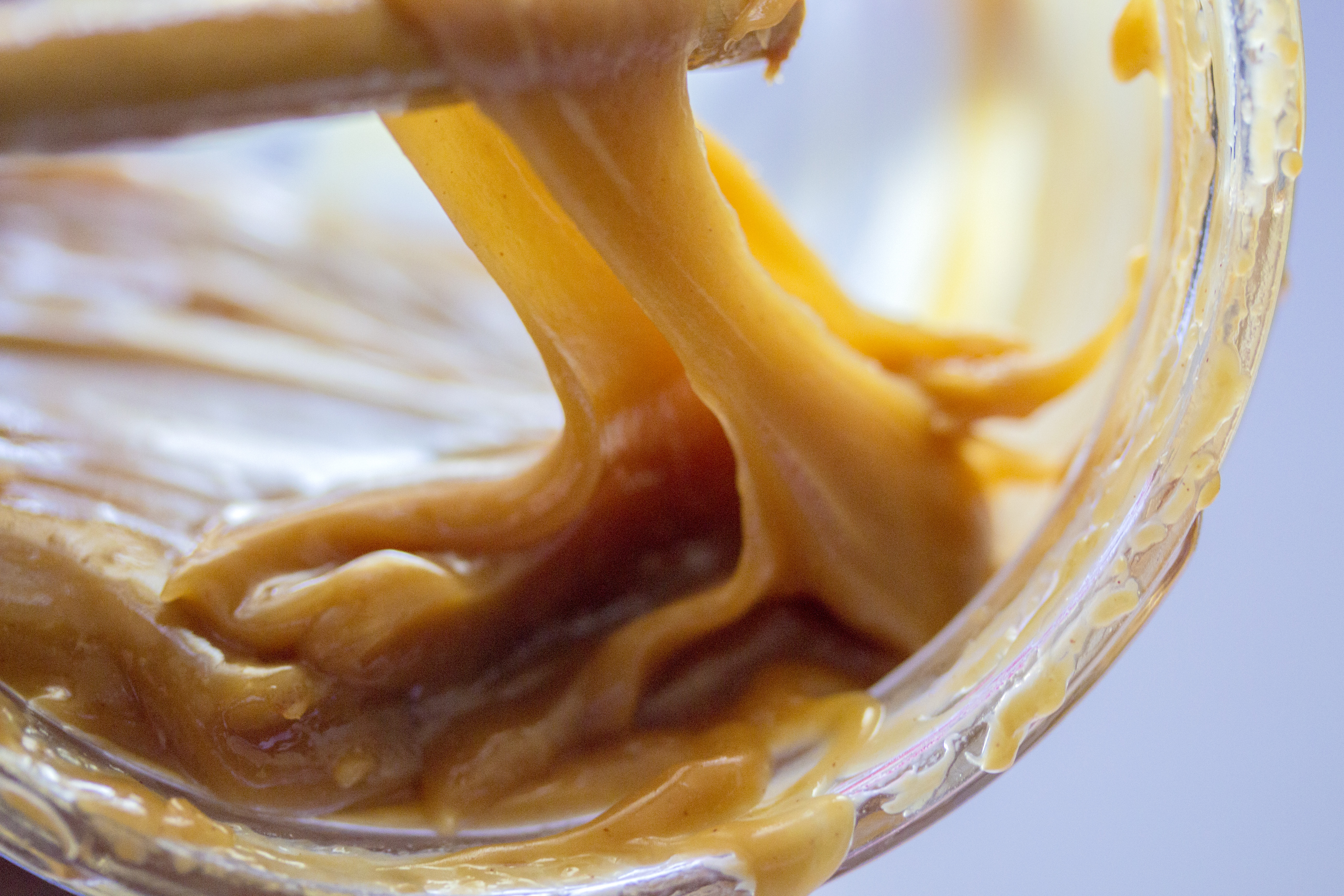How did the Defend Trade Secrets Act change where trade secrets lawsuits get filed?
Congress passed the Defend Trade Secrets Act in May 2016. As I wrote here , the first year of case law seems to confirm that “the main effect of the DTSA has been to shift some typical customer list cases from state court to federal court.” Or as this article in Business Law Today stated, “the DTSA’s primary function to date has been to create a path for plaintiffs to litigate what historically were essentially state law trade secret claims in federal court.”
In most cases, the Defend Trade Secrets Act effectively gives the plaintiff the option to file a trade secrets lawsuit in state or federal court. Why? The language of the Defend Trade Secrets Act is largely—but not entirely—the same as the language of the Uniform Trade Secrets Act, which most states have enacted.
So, a plaintiff with a trade secrets claim can usually assert the same claim under both state and federal law. Usually, the plaintiff chooses from two options: (1) assert a state-law trade secrets claim in state court, or (2) assert both state-law and federal trade secrets claims in federal court.[1]
This is a significant advantage for a plaintiff. Whether a case ends up in state or federal court can be a game-changer. Litigators and their clients generally view federal courts as less hostile to big companies and state courts as friendlier to the “little guy,” although this is only a generalization.
Regardless of which you choose, it’s nice to have the choice if you’re the plaintiff.
But do you get to choose the location where you file your trade secrets lawsuit? It depends. If the suit includes a DTSA claim, then any federal court in any place in the country has jurisdiction over the subject matter of the suit. But the court must also have personal jurisdiction over the defendant. If the defendant resides in the state where he is sued, then it’s simple. If not? Then it gets messy. The defendant must have sufficient contacts with the forum state to be subject to personal jurisdiction there.
Personal jurisdiction in Defend Trade Secrets Act cases
Personal jurisdiction law is messy because it’s based on vague notions of “reasonableness.” It essentially comes down to this: Did the defendant have enough contact with the forum state that it would be reasonable for him to expect that the lawsuit at issue would be filed there?
As I wrote here, the personal jurisdiction buzzwords that lawyers learned in law school don’t give you the answer. You have to look at the “sub-rules” that have developed in the case law. The key sub-rule for trade secrets cases is this: generally, a defendant will be subject to personal jurisdiction if he was physically present in the state when he obtained or disclosed the alleged trade secrets. It’s only a general rule, but it will usually give you the right answer.
So, when a defendant’s contact with California was that he once lived there and that he received the confidential information at issue in his Gmail account, that was not enough. The fact that his Gmail account “lived” on Google’s servers in Silicon Valley? A creative argument, but it was not enough to convince the judge in OOO Brunswick Rail Management v. Sultanov, a case I wrote about here.
Gold Medal Products v. Bell Flavors & Fragrances was a closer case.[2] The question in that case was whether an Illinois company that allegedly obtained an Ohio company’s trade secrets could be sued in Ohio.
So far, most of the cases applying the Defend Trade Secrets Act have involved customer lists and other “soft” trade secrets, but Gold Medal was a good old-fashioned “secret sauce” case. The employee, Sunderhaus, was the company’s chief “food technologist” with access to the company’s secret recipes for its Glaze Pop® popcorn coatings.

Gold Medal engaged an Illinois company, Bell Flavors, to help develop new flavors. Bell Flavors signed a confidentiality agreement with Gold Medal and repeatedly visited Gold Medal’s facility in Ohio. Sunderhaus later left Gold Medal and joined Bell Flavors in Illinois as a “savory flavorist.” Bell Flavors then assigned Sunderhaus to work for a Chinese company that developed a new caramel-flavored popcorn glaze to compete with Gold Medal.
I don’t make this stuff up, people.
The jurisdiction issue was whether Bell Flavors, located in Illinois, could be sued for trade secret misappropriation in Ohio, where the employee allegedly obtained the trade secrets. The federal district court said no.
The key was that Bell Flavors did not travel to Ohio to recruit Sunderhaus or misappropriate the trade secrets in Ohio. Rather, Sunderhaus lawfully obtained the alleged trade secrets in Ohio, left to work for Bell Flavors in Illinois, and then allegedly provided the trade secrets to Bell Flavors in Illinois.
So, Gold Medal‘s holding is consistent with my “sub-rule” for personal jurisdiction in trade secrets cases. Under that sub-rule, there is no question Sunderhaus would be subject to jurisdiction in Ohio; he worked for the company there and allegedly obtained the trade secrets there. But Bell Flavors was not subject to jurisdiction in Ohio because it did not obtain or use the trade secrets in Ohio.
*Update: This case ended up in the Northern District of Illinois, where the Defendants moved for summary judgment on the ground that the Glaze Pop recipe and “flavor profile” was not a trade secret. The court denied the motion, finding the evidence inconclusive on trade secret status, “one of the most elusive and difficult concepts in the law.” Gold Medal Prods. Co. v. Bell Flavors & Fragrance Inc., No. 1:17-CV-4084, 2018 WL 1135629, at *3 (N.D. Ill. March 2, 2018).
Promoting uniformity in trade secrets law?
As we’ve seen, the Defend Trade Secrets Act didn’t change the fact that the defendant has to be subject to personal jurisdiction in the state where you sue him for misappropriating your trade secrets. But did it change the law that will apply to your claim?
Not really. That’s because the Defend Trade Secrets Act is largely the same as the Uniform Trade Secrets Act that most states have adopted. I have to hedge a bit, because there are some differences.
Lawyers Alex Harrell and Michael Yim wrote an excellent article in the Texas Bar Journal called The Defend Trade Secrets Act: Comparing the New Federal Statute with the UTSA. It provides a thorough and detailed comparison with the Uniform Trade Secrets Act.
But there is one statement in the article I disagree with: “The DTSA strengthens trade secret protections by furthering nationwide uniformity in this area of law.”
Yes, uniformity was one of the purported benefits of the Defend Trade Secrets Act. But think about it. As the authors of the Texas Bar Journal article also point out, the DTSA does not preempt state trade secrets law. That means the DTSA just adds an additional layer of federal trade secrets law on top of the trade secrets laws of 50 states. How does that promote uniformity?
No, the Defend Trade Secrets Act doesn’t necessarily promote uniformity in trade secrets law. But apparently it will help the US maintain its strategic superiority over China in savory popcorn flavor technology.
___________________

These are his opinions, not the opinions of his firm or clients, so don’t cite part of this post against him in an actual case. Every case is different, so don’t rely on this post as legal advice for your case.
[1] Theoretically, a plaintiff could initiate a federal trade secrets claims in state court, but there would not be much point in that.
[2] Gold Medal Prods. Co. v. Bell Flavors & Fragrances, Inc., No. 1:16-CV-00365, 2017 WL 1365798 (S.D. Ohio Apr. 14, 2017).





Leave a Comment